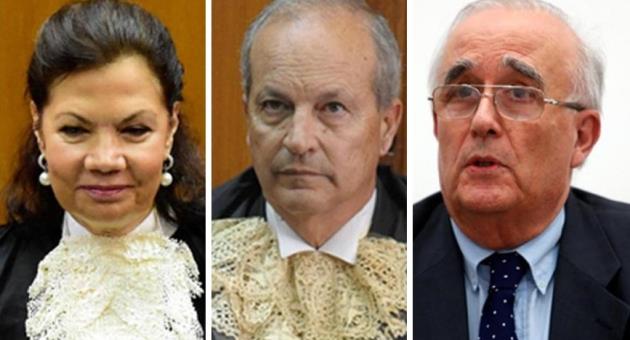
As expected, the inquiry report is a treasure trove of recommendations, a blueprint for a raft of reforms, many of which civil society has been clamouring for, for some time, and some that clearly reflect the inquiry’s cool reflections during its months of activities.
Some highlights in brief:
- The authorities must investigate the murder of Daphne Caruana Galizia to identify and charge all people involved.
- All outstanding recommendations by the Venice Commission, the Council of Europe’s GRECO, and the European Parliament must be implemented.
- Public officials who generate impunity must face consequences in new and specific provisions in criminal law.
- There should be clearer administrative rules governing the relationship between public officials and business interests.
- Laws on whistle-blower protection, political party financing, public procurement, and direct orders, and lobbying need updating to eliminate backroom deals.
- Political thinking needs to be re-oriented away from the profit of the few and towards the enrichment of the common good.
- We should have “unexplained wealth orders” that can take away wealth from people who cannot prove that they got what they own from legitimate means.
- A public official that misleads the police or some other enforcement agency must face specific criminal laws that punish that.
- We should adopt from Italy specific anti-mafia laws that identify mafia crimes as such.
- Maltese laws should specifically punish the abuse of public office.
- The Attorney General needs stronger powers to investigate serious crimes.
- There should be specific laws against the obstruction of justice or the attempt to cover up a crime.
- Codes of ethics need updating.
- The Police needs to have a dedicated unit to determine risks to the safety of vulnerable people like journalists and to act on those risks. The unit would be a rapid reference point for journalists to ensure they feel safe and protected enough to work freely.
- The Police must investigate without delay allegations of wrongdoing that emerge from journalistic investigations.
- Measures are needed to break up the dubious contacts and relations between Police officers and other law enforcement agents and big business.
- The Police need training on the importance and role of journalism.
- The Constitution should be changed to recognise journalism as a pillar of a democratic society and to oblige the State to protect it.
- There should be an independent Ombudsman with the power to draw up rules to protect media freedom, the safety of journalists, and the right to information, and to ensure journalists respect ethical rules.
- The Constitutional provisions setting up the Broadcasting Authority need changing to address failures of public TV during the past years and to change the wrong idea that political party stations balance each other out.
- There should be fewer exceptions for the government to hide behind to reject Freedom of Information requests.
- There should be a law to prevent SLAPP suits, and laws should prevent public officials from using libel laws to silence critics or to chase journalists in court even after they die.
- Public money should be distributed to news organisations in a fair, equitable, and non-discriminatory fashion.
- There should be a law that regulates the journalism profession that allows journalists to regulate their own profession without financial dependence on something like the Tumas Foundation.
- There should be a committee of experts, perhaps led by the President of Malta, to draw up laws to protect journalists for Parliament’s discussion.
And then the key recommendation is for the State to recognise formally and publicly the serious failures of the public administration in the case of the assassination of Daphne Caruana Galizia. The State must recognise its failure of omission and commission and the manner with which the State enabled the culture of impunity that allowed the murder to happen.
The inquiry asks that the government takes all appropriate measures to ensure that the State reconciles itself with Daphne Caruana Galizia’s family and starts healing the deep and traumatic wound suffered and still being suffered by the country.